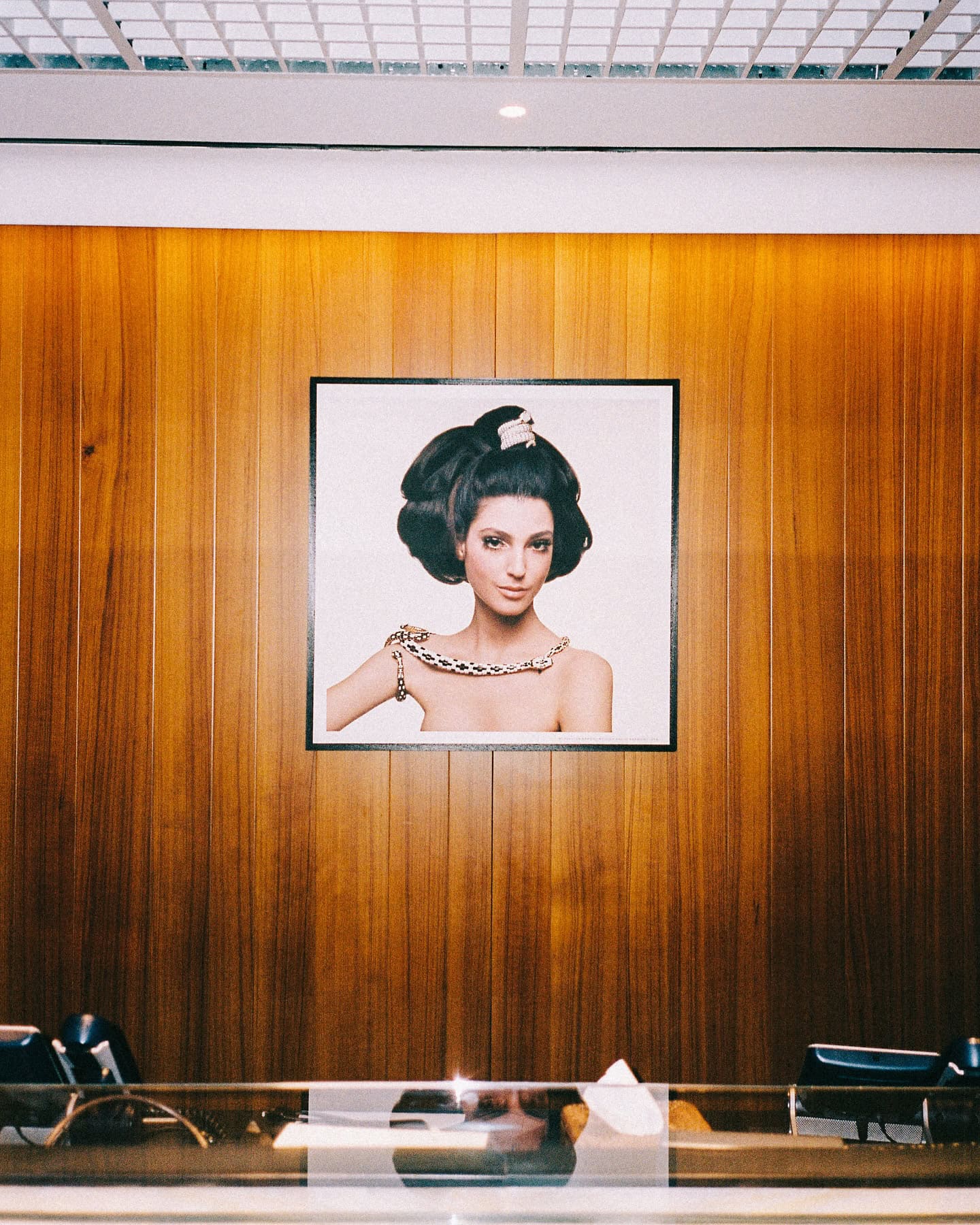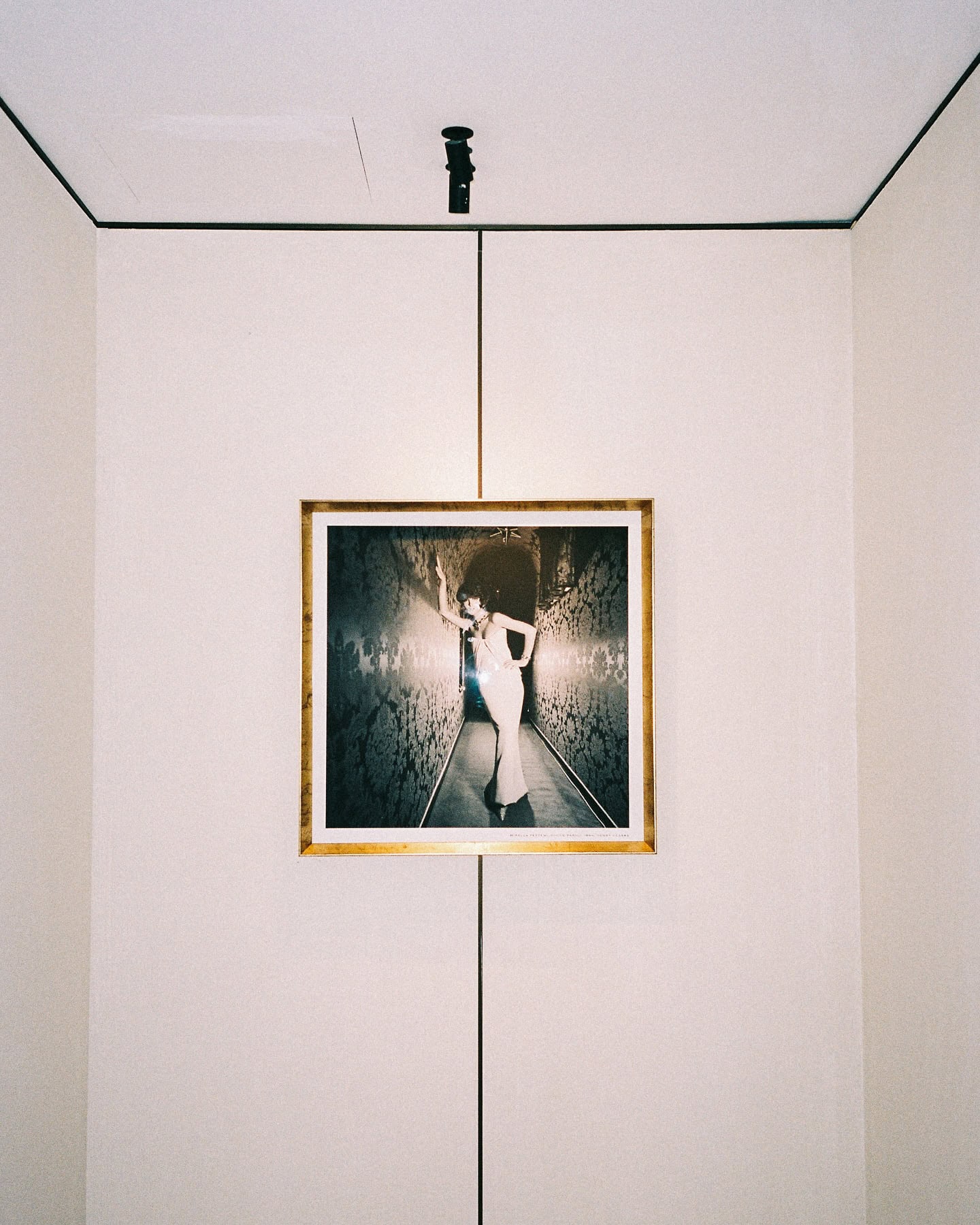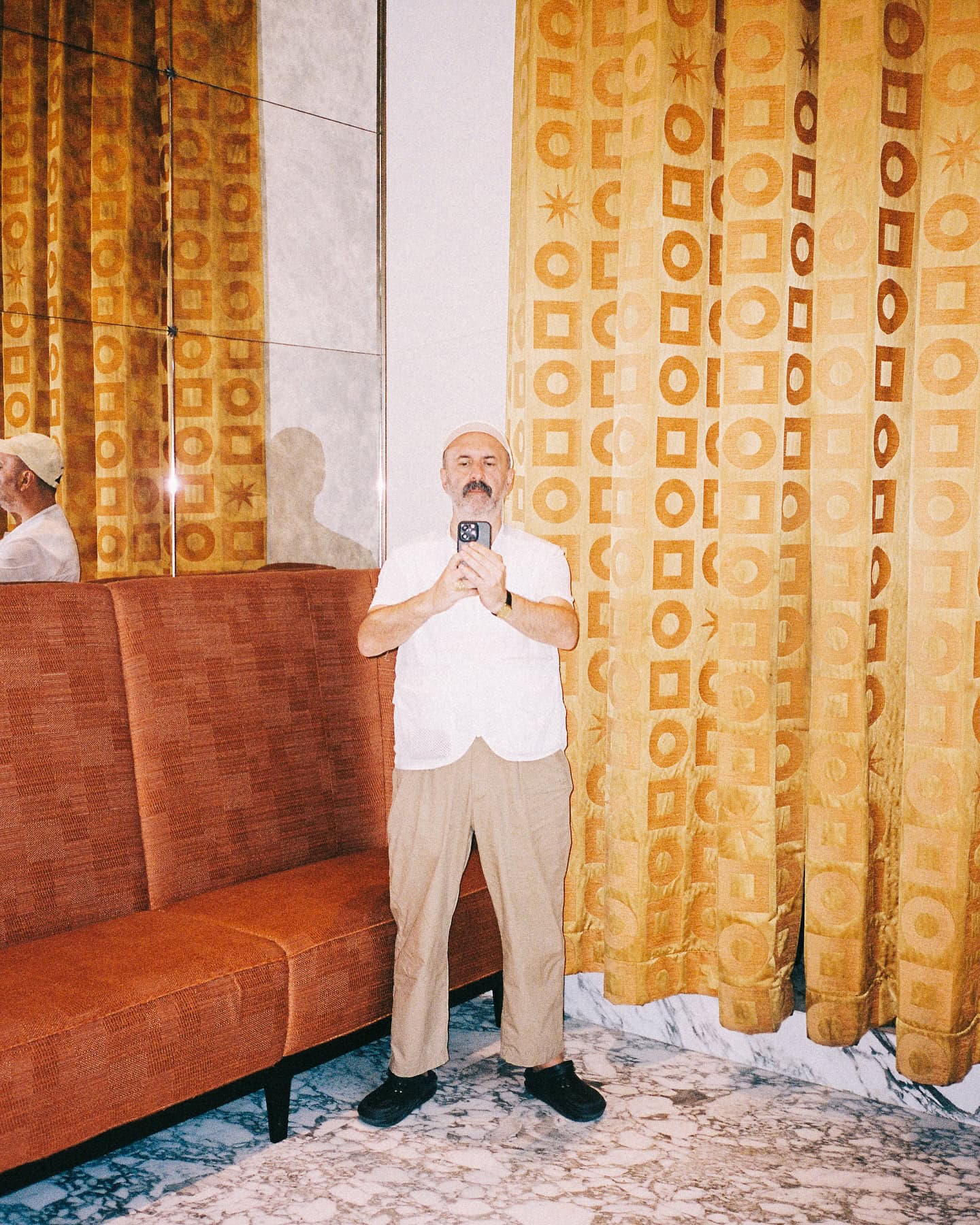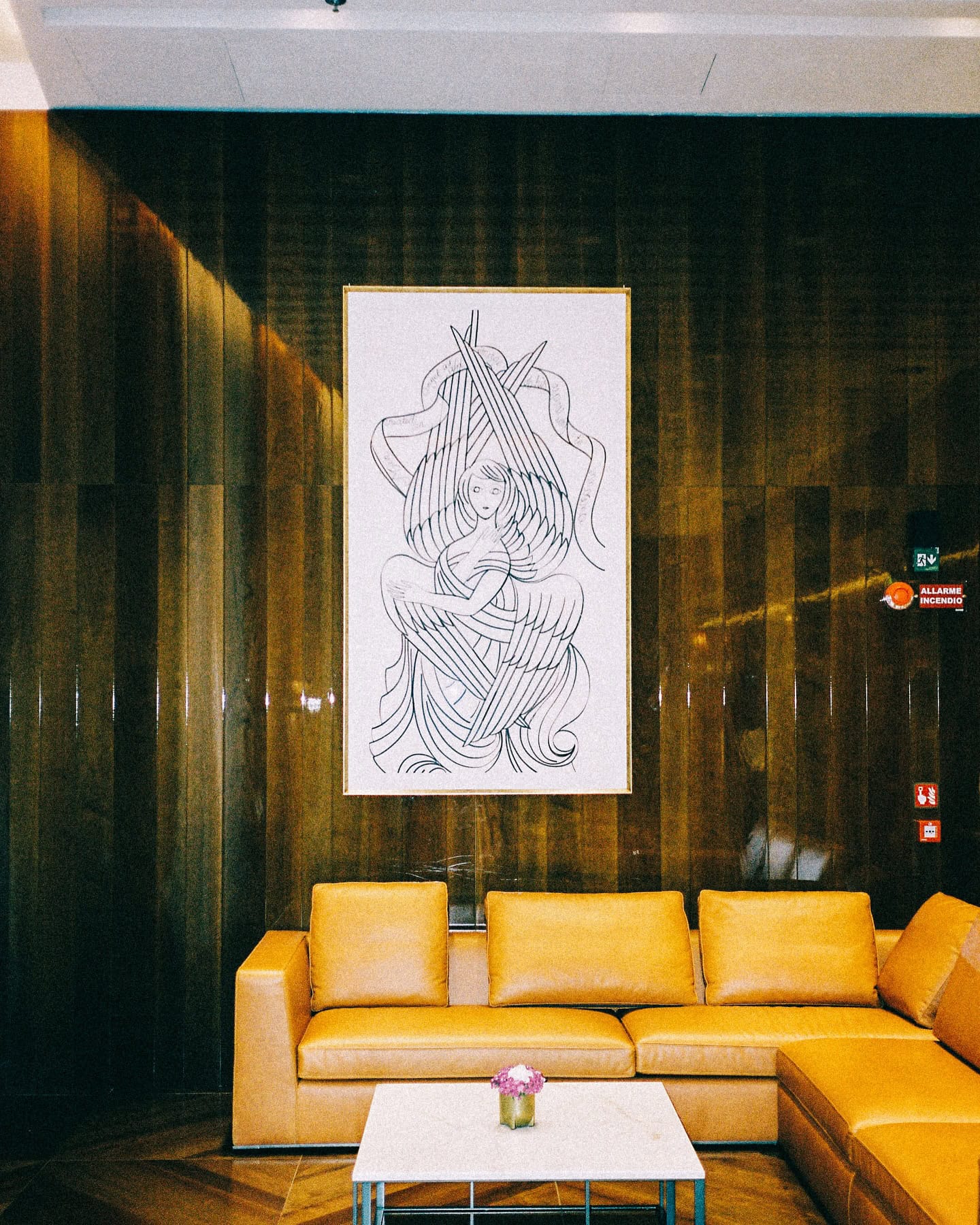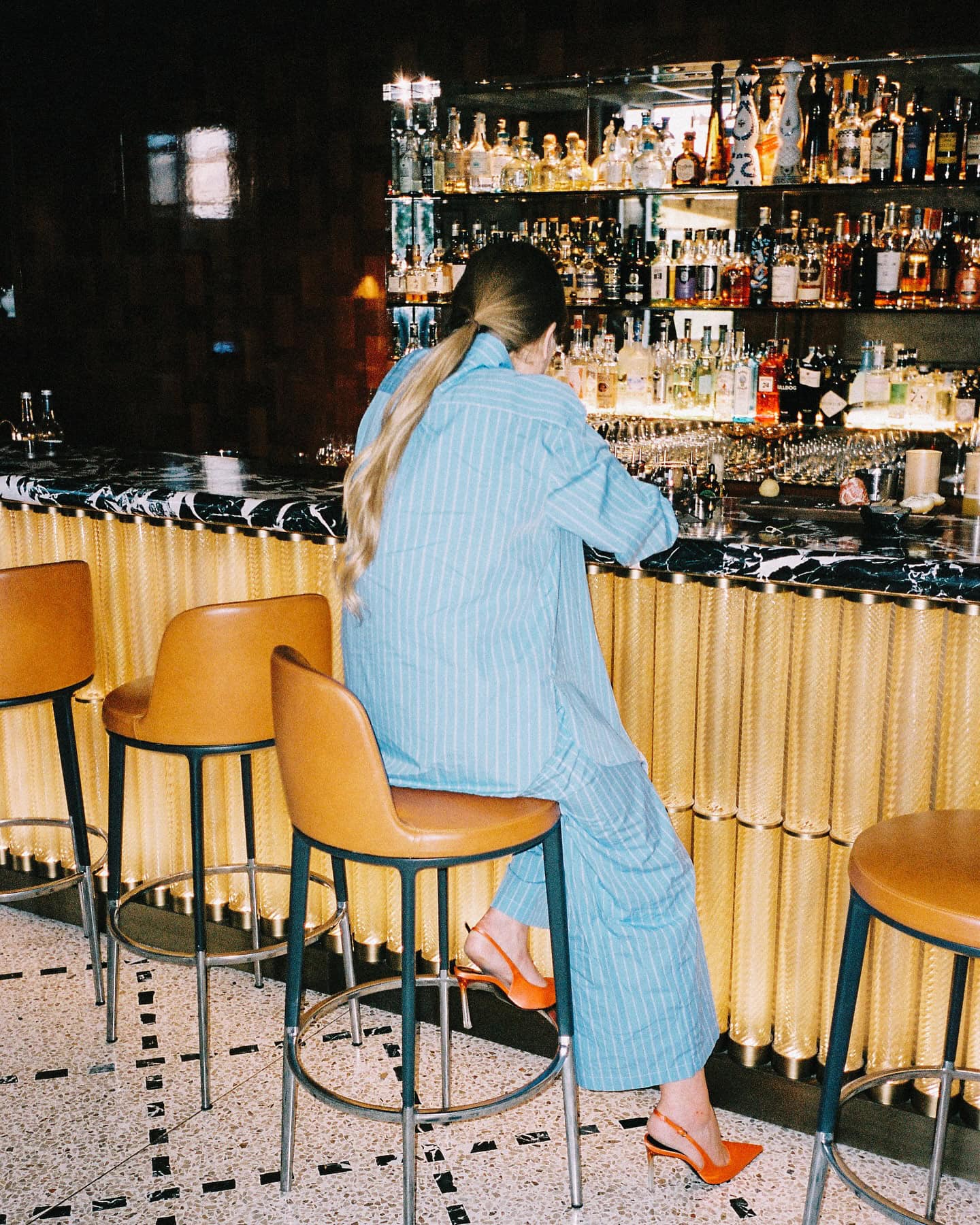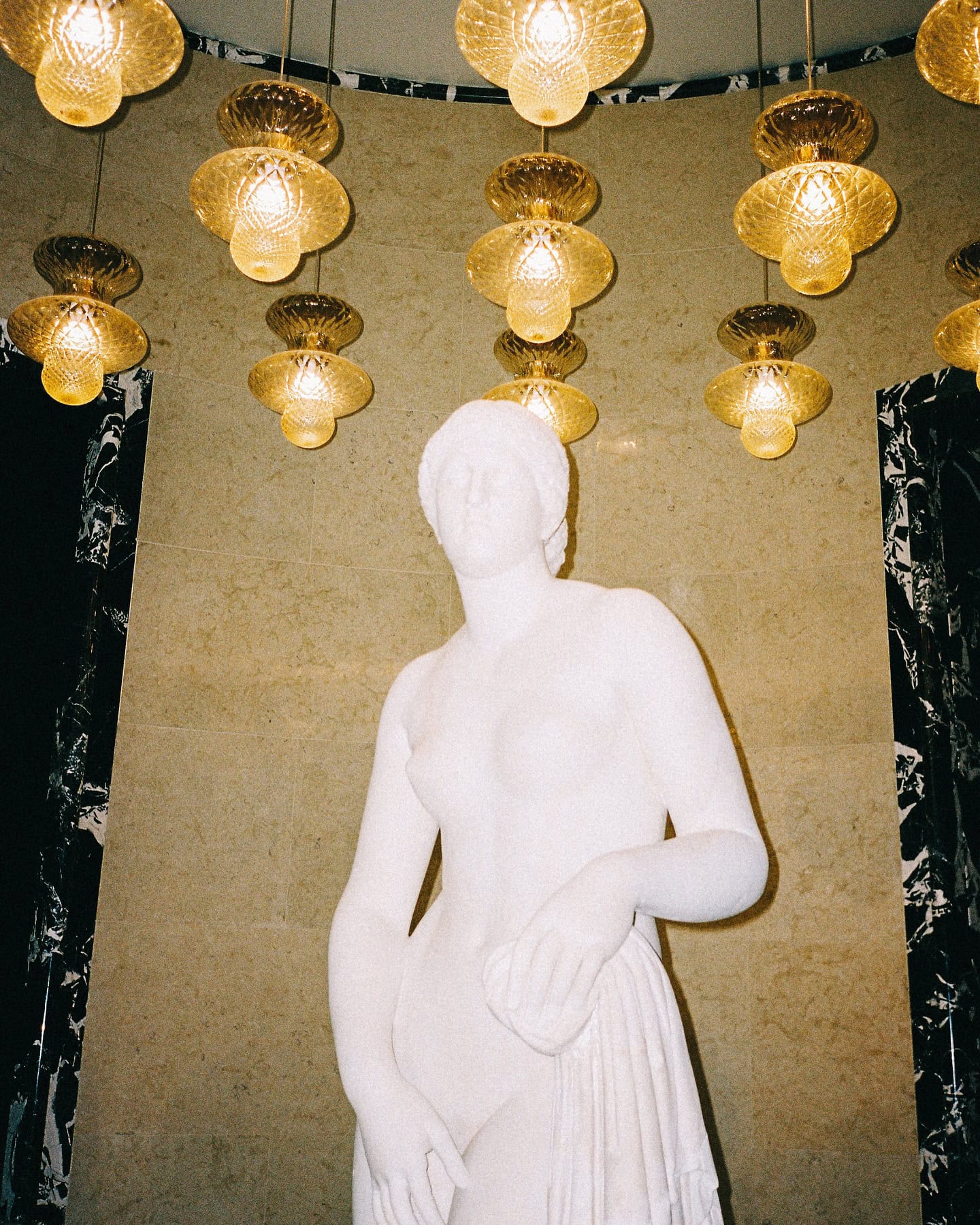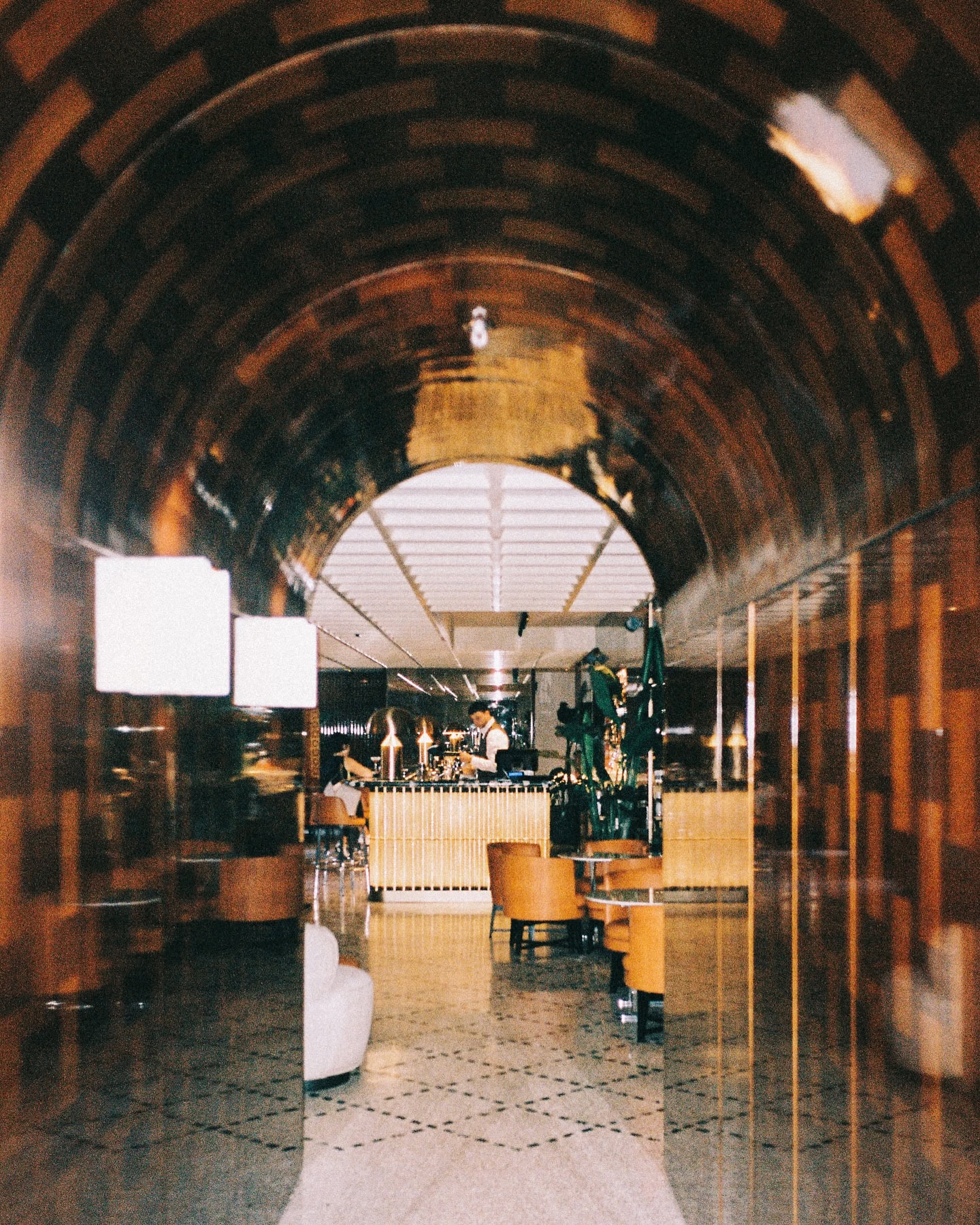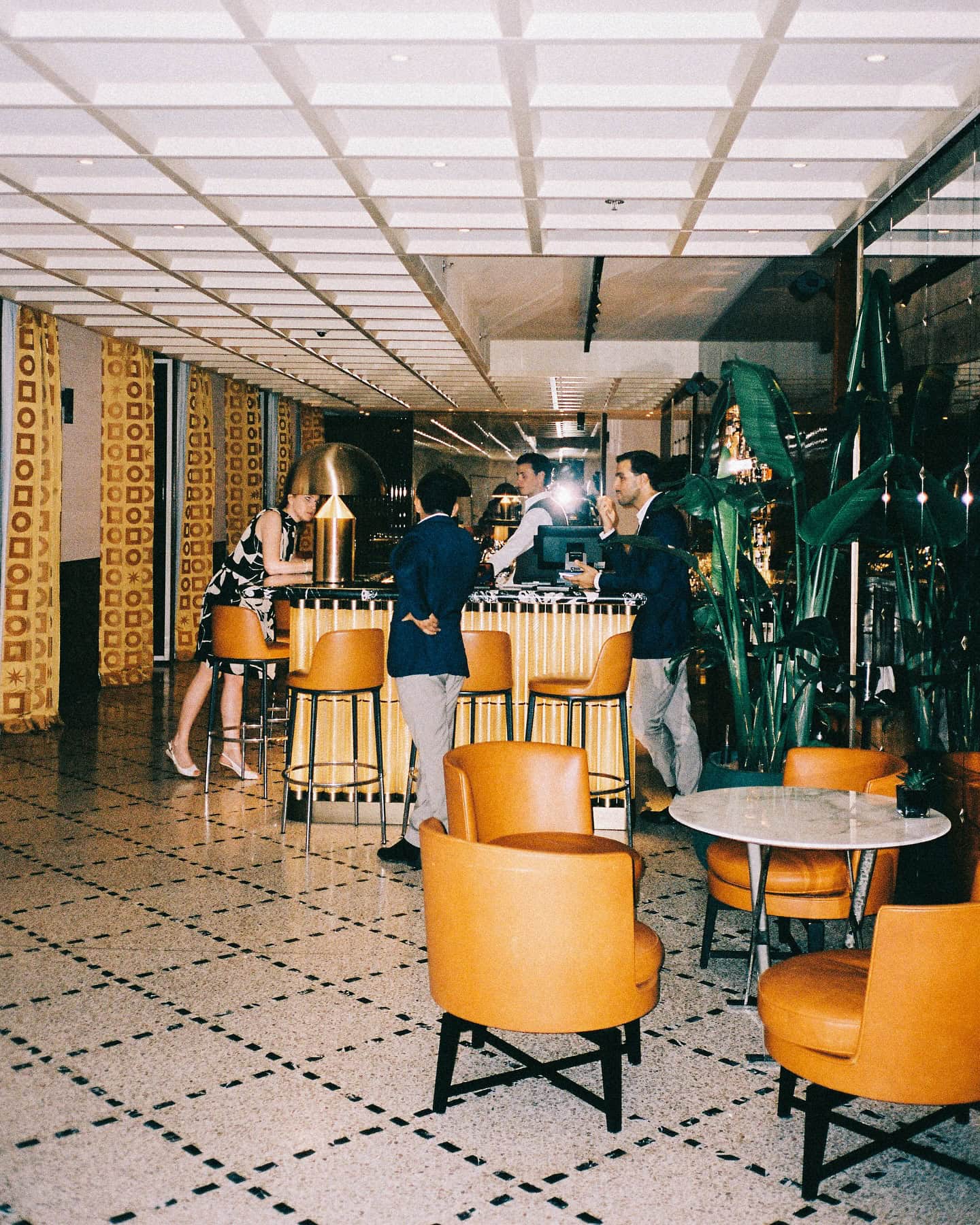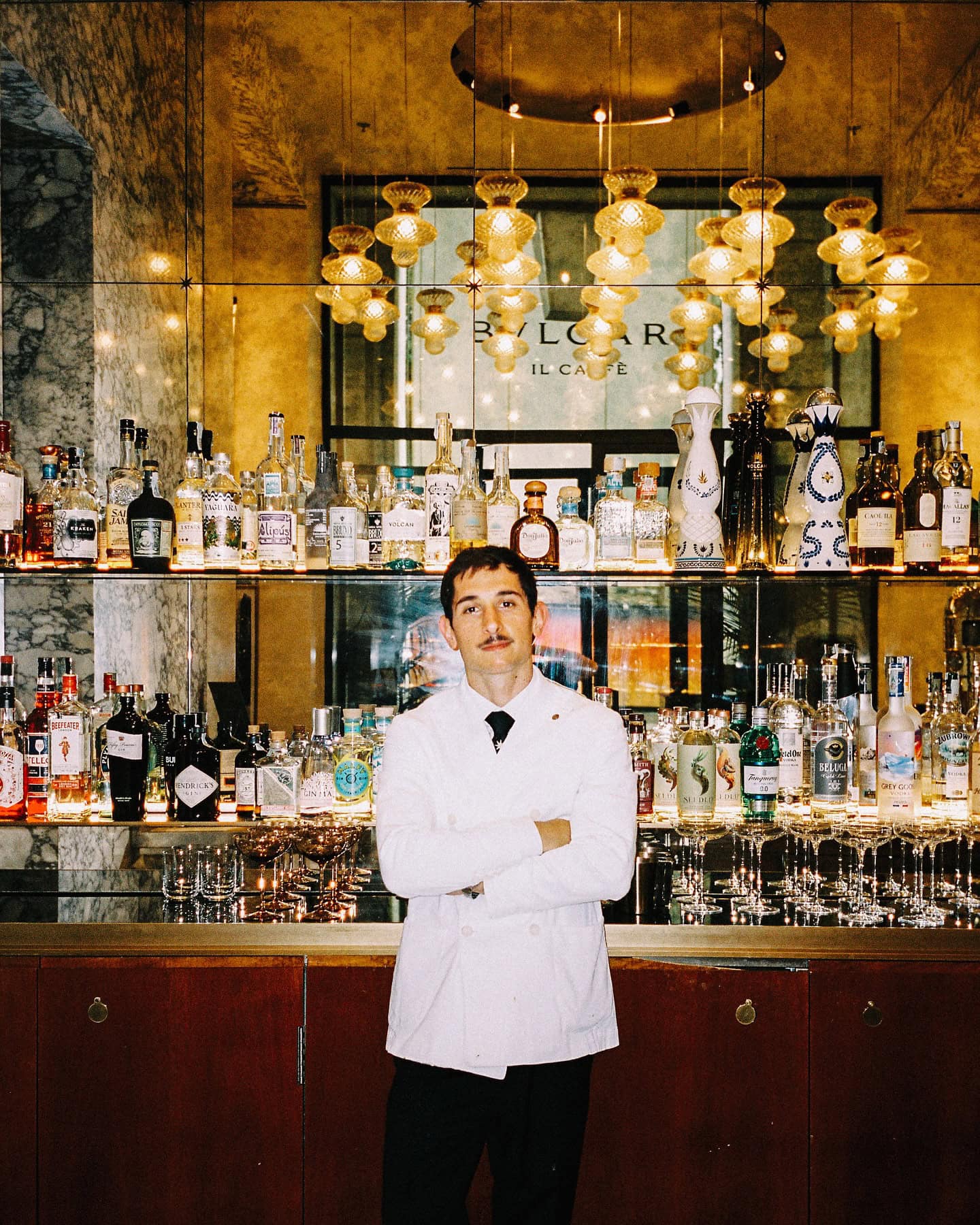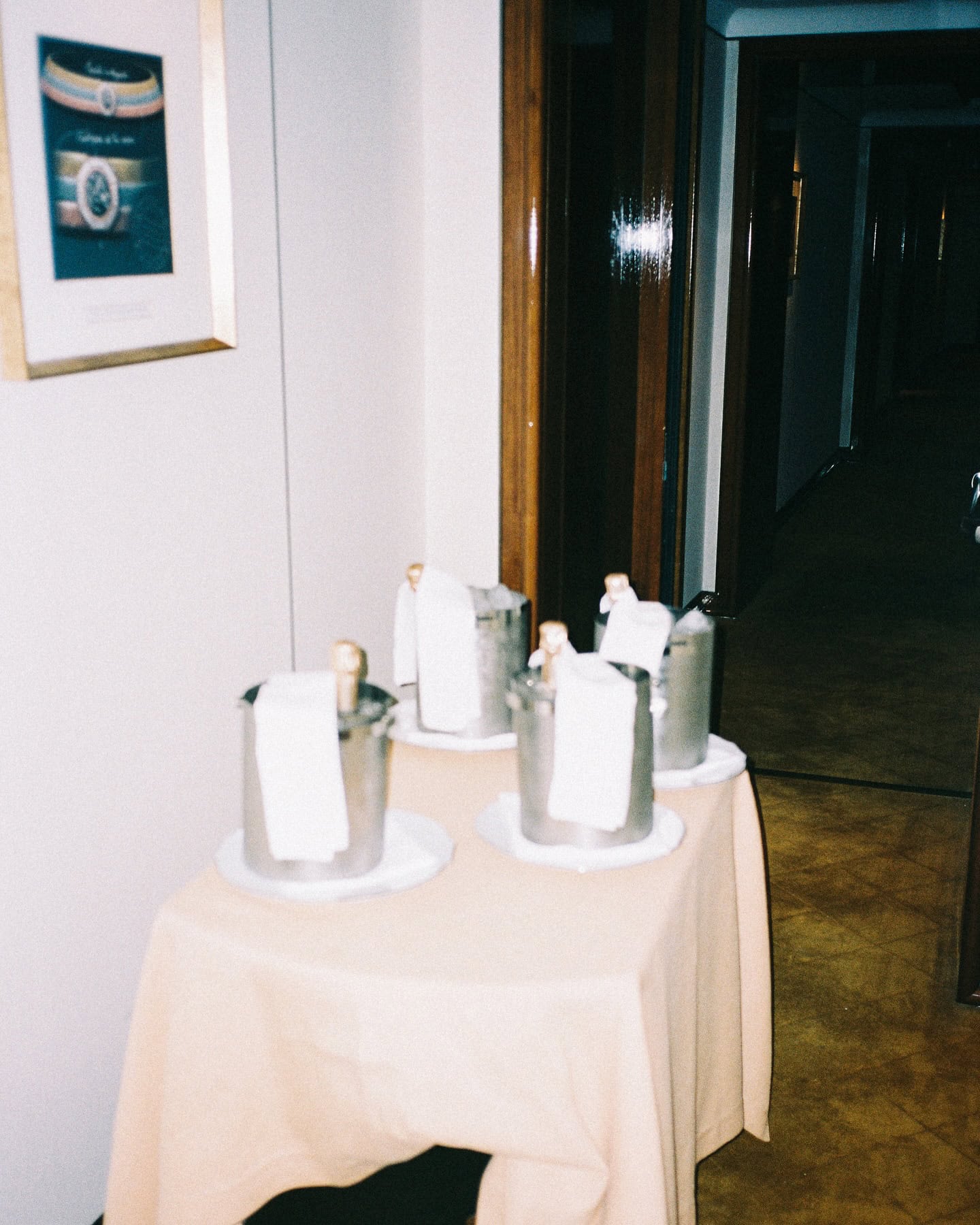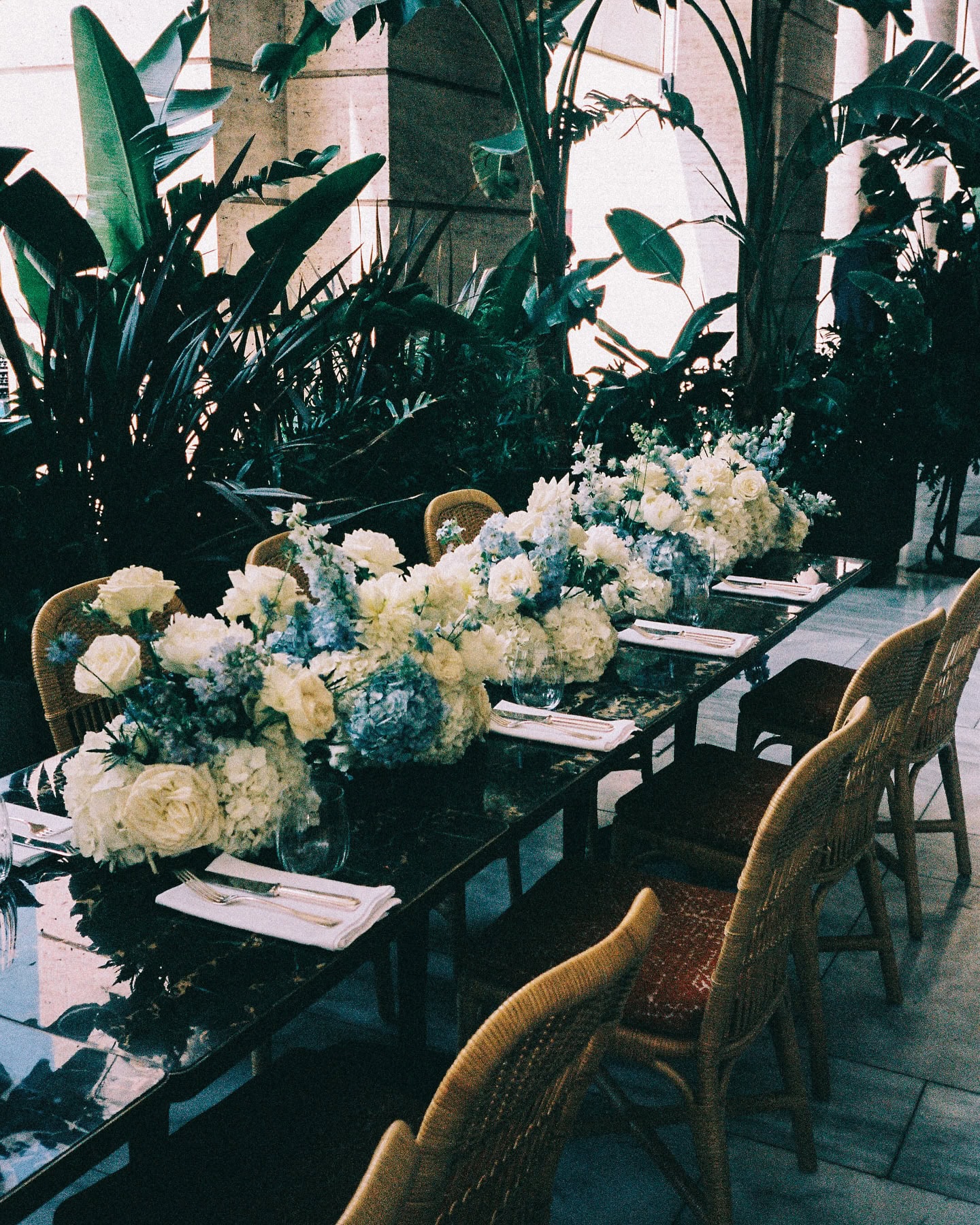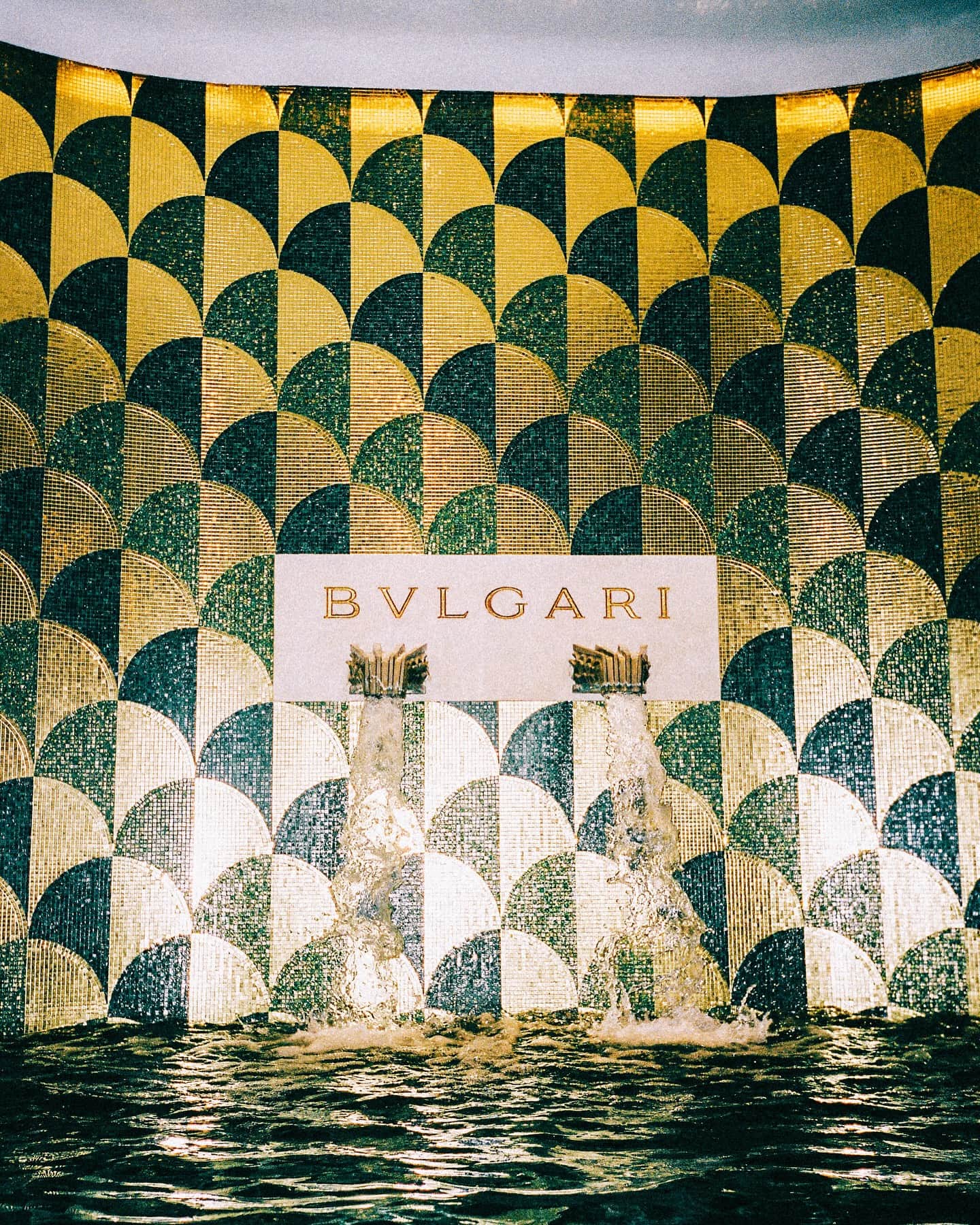Rome, early afternoon. Light falls at an angle along Via di Ripetta, brushing façades, drawing out textures. Just before reaching Piazza Augusto Imperatore, there’s a threshold: the entrance to the Bulgari Hotel is quiet, almost understated. There’s nothing flashy, yet something shifts. You feel it in the way the pace slows down, in the sense of crossing from outside to inside, from ancient to present.
The building — modernist, dating back to 1936 — retains the solid essentiality of rationalist architecture. But it’s in the interior design that its new identity takes shape: not a reinvention, but a lucid integration between heritage and contemporary language. The entrance opens onto a measured lobby where marble — yellow Siena, Alpine green, travertine — sets a quiet rhythm. The materials speak to each other without competing. Each surface holds light and weight differently, and together they construct a particular sense of time: not clock time, but a slower, more enduring one.
The rooms maintain this same equilibrium. Clean lines, warm woods and leather, details that echo Roman goldsmithing — never reduced to decoration. Nothing feels superfluous, but it never slides into sterile minimalism. These are spaces designed to be lived in naturally: curtains that move softly, a bed that welcomes without overwhelming, light that shifts throughout the day. Outside the window: domes, pine trees, the fragments of the Ara Pacis. Rome is there — but held at the right distance. As if the hotel keeps its echo rather than its noise.
Downstairs, the Spa reveals itself like a subterranean sanctuary. The pool, twenty meters long, is lined with golden mosaic inspired by the Baths of Caracalla. The water is still, the lighting dim. Every gesture — a tea poured, a towel folded, the soft shuffle of footsteps — becomes part of a choreography designed to remove friction, to slow the mind, to clear space. You’re no longer in a hotel: you’re in another state of being.
The same coherence shapes the cuisine. At Il Ristorante – Niko Romito, the Italian tradition is pared down with precision. Few ingredients, recognisable, but treated with deep focus. No theatrics — just work, reduction, rhythm. It’s a kind of cooking that doesn’t aim to impress but to be understood. And remembered.
What the Bulgari Hotel Roma creates is an internal landscape: made of proportion, silence, texture, and ritual. It never imposes itself. Never raises its voice. It guides you, gently, toward a different kind of attention. A form of care that needs no performance. A way of inhabiting time — and Rome — from the inside out.
